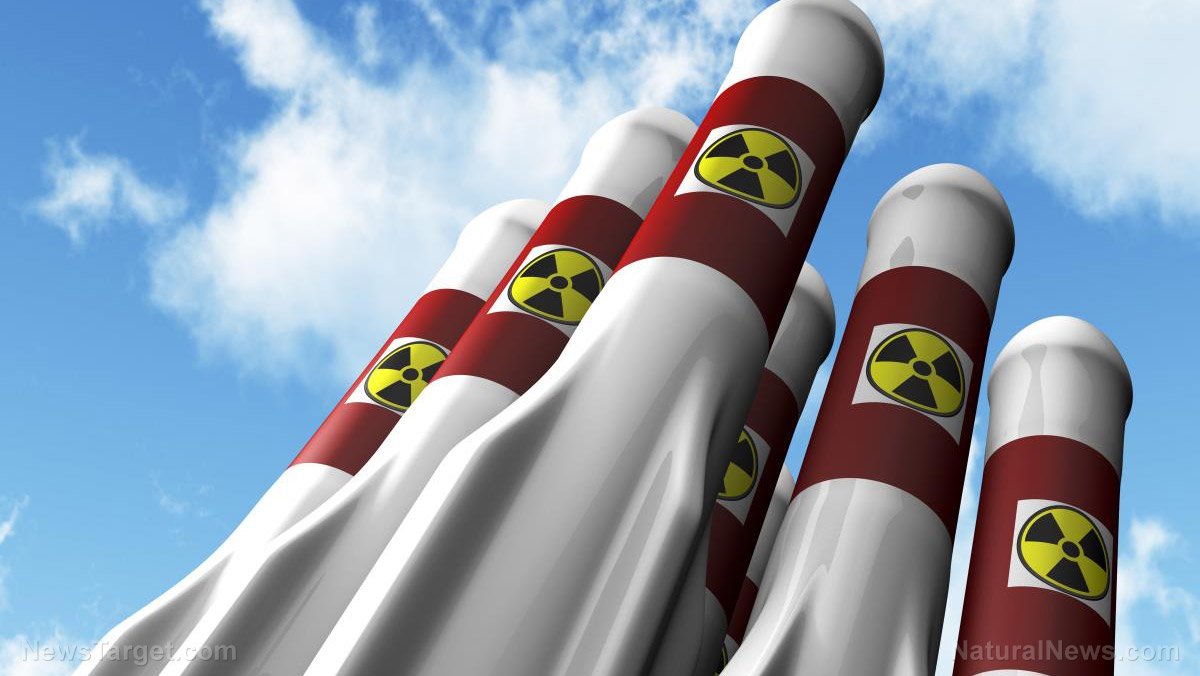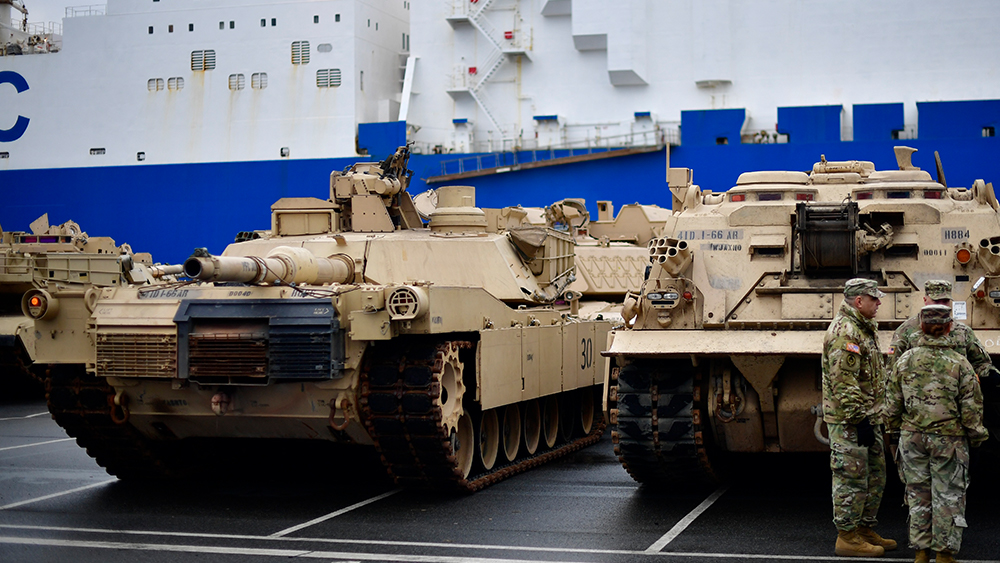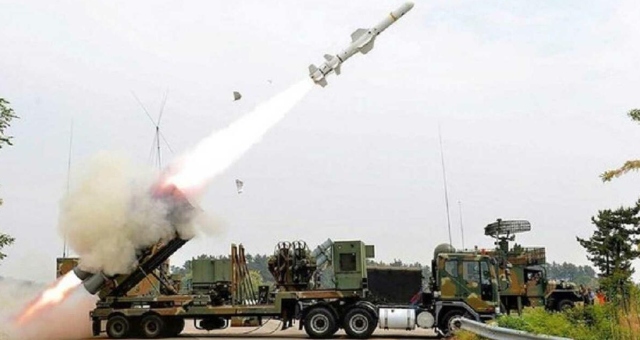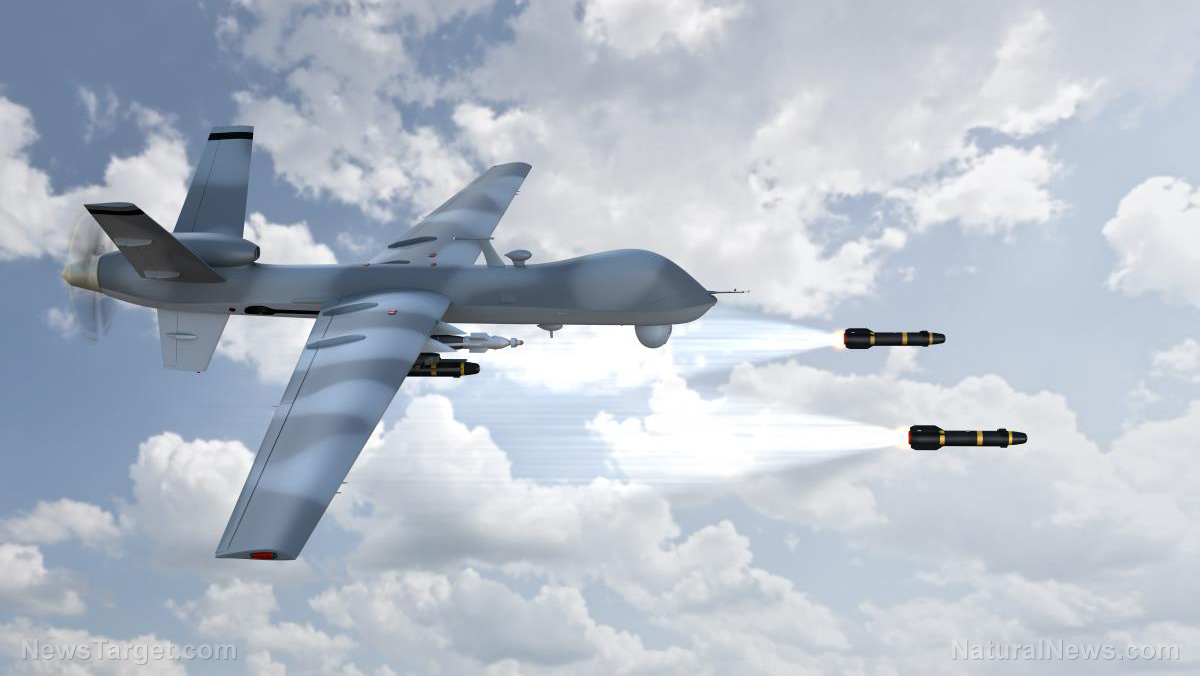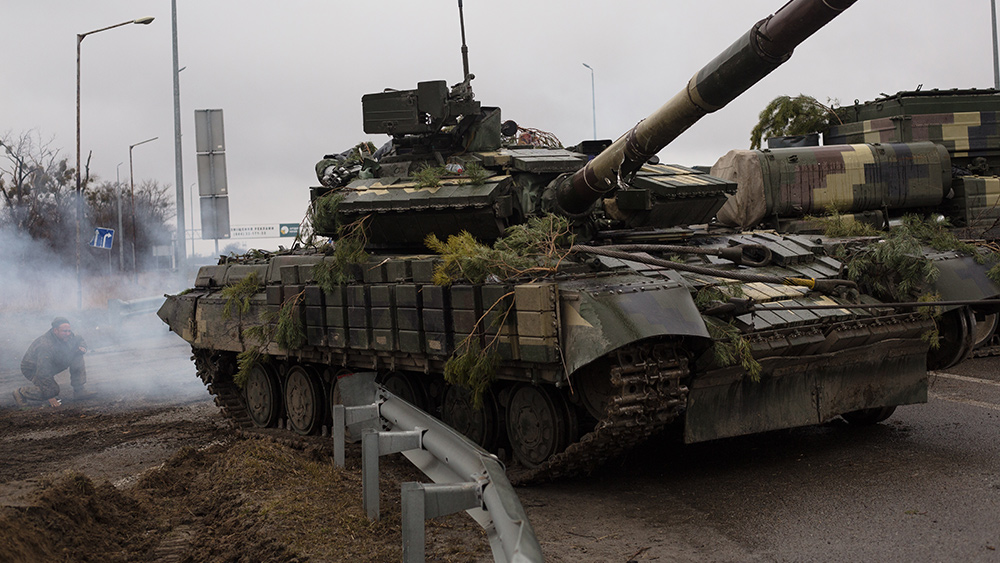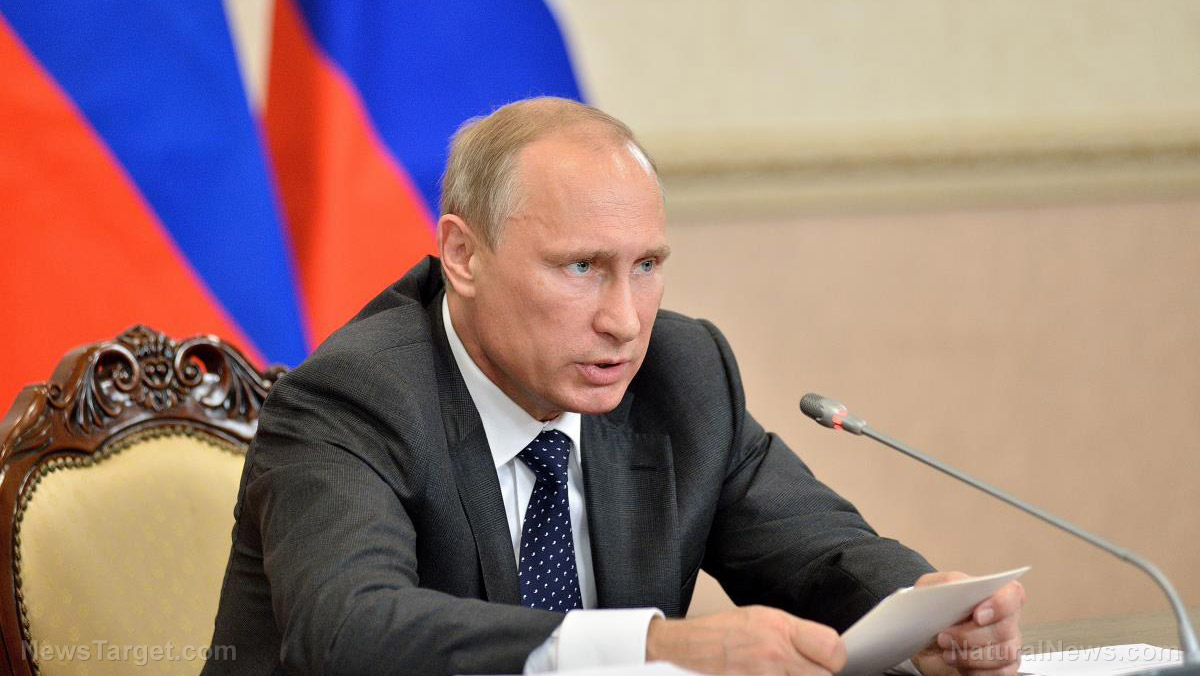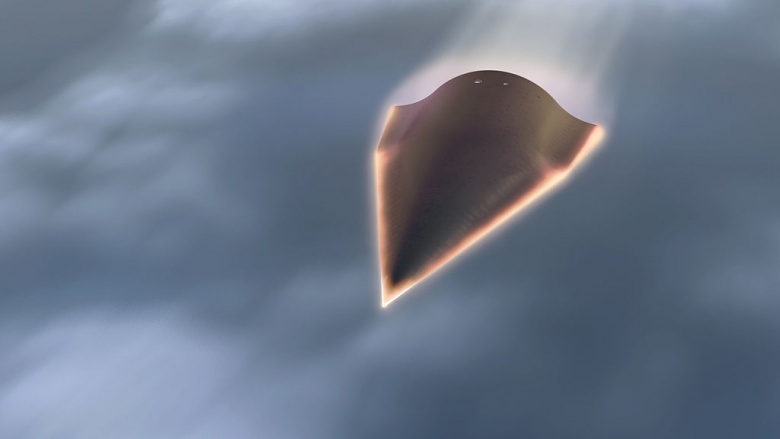U.S. warns China about plans to increase military drills in South China Sea region
04/27/2023 / By JD Heyes
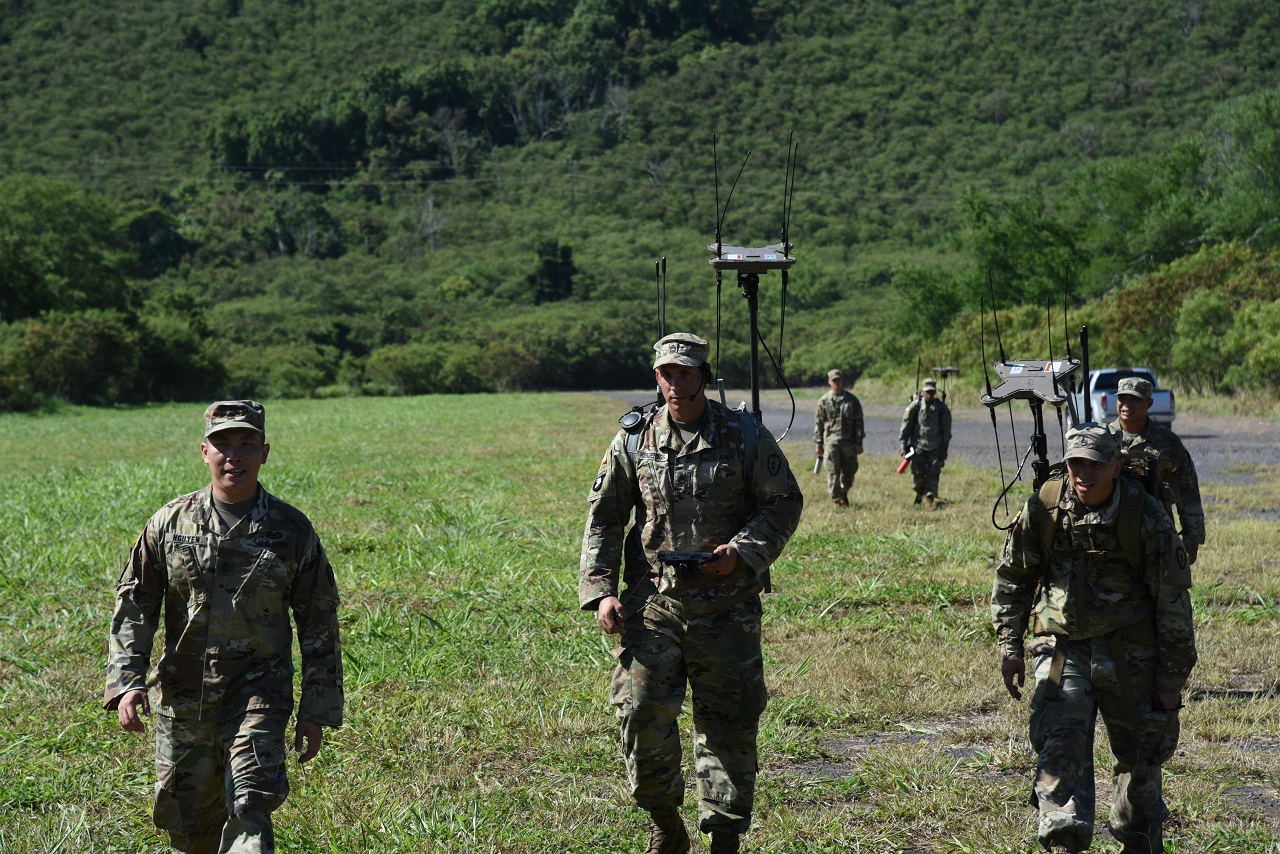
The Biden administration has informed China in advance of its intention to enhance military exercises and increase the US military presence in the region. This includes deploying nuclear-armed submarines off the Korean peninsula as an additional deterrent against North Korean threats directed toward Seoul, Zero Hedge reported.
“We are briefing the Chinese in advance and laying out very clearly our rationale for why we are taking these steps,” a Biden administration official said. “We believe that non-proliferation efforts in the Indo-Pacific are in the best interest of not just the United States and other leading states, but China as well.”
“We’ll announce that we intend to take steps to make our deterrence more visible through the regular deployment of strategic assets, including a US nuclear ballistic submarine visit to South Korea, which has not happened since the early 1980s,” the U.S. official noted further as President Joe Biden was receiving his South Korean counterpart, Yoon Suk Yeol, on Wednesday in Washington, D.C.
China was further briefed on American military plans to “strengthen our training, our exercises, and simulation activities to improve the US-ROK [South Korea] alliance’s approach to deterring and defending against DPRK [North Korean] threats, including by better integrating ROK conventional assets into our strategic planning,” the official added.
“To build peace and stability on the Peninsula, during the visit, the alliance will be announcing a Washington Declaration which includes a series of steps that are designed to strengthen US-funded deterrence commitments and strengthen the clarity by which they are seen by the Korean public as well as by neighbors in the face of advancing DPRK [North Korean] nuclear missile capabilities,” the official added, proving a preview of the talks between Soon and Biden.
Considering Beijing’s recent vehement protests against the US-Australia AUKUS agreement to produce and transfer nuclear submarines, it is unlikely that they will respond positively to the Biden administration’s announcement. In fact, just last month, China issued a warning to the countries involved in the deal (including the UK), claiming that they are treading on a “path of error and danger,” and accusing Australia of violating its commitment to being a nuclear-free zone.
Meanwhile, the U.S. military has increased its presence and training in regards to Taiwan, which Beijing claims is nothing more than a renegade province that belongs to the mainland.
“On a rocky, windswept island just over 100 miles south of Taiwan, U.S. troops from the Marines and Army ran out of MV-22 Osprey aircraft with weapons, including Javelin and Stinger missile launchers, before setting up camp next to a field of watermelons,” The Wall Street Journal reported this week.
“On the opposite side of the island, a Himars rocket launcher was brought ashore on Monday from an amphibious landing craft, a system that could give U.S. forces the ability to target ships up to a few hundred miles away,” the report added.
This year’s largest-ever annual military exercises between the U.S. and the Philippines had a significant focus on the defense of the northern Philippines and preparedness for potential conflict in the event of China’s use of force to take over Taiwan. The drills were the first to include this particular focus, the WSJ noted further.
Conducted over a period of two days on Basco Island, the exercises underscored the significance of defending the Bashi Channel — a vital maritime transit point for both the Chinese and American militaries, the outlet continued.
Whoever controls the channel has a very strategic chokepoint,” retired Maj. Gen. Restituto Padilla, a former deputy chief of staff of the Armed Forces of the Philippines, told the WSJ.
The increase in Chinese military activity around Taiwan, which includes recent jet-fighter drills, has raised fears of a potential conflict in the region among neighboring countries such as the Philippines, the outlet added.
Sources include:
Submit a correction >>
Tagged Under:
big government, chaos, China, conflict, dangerous, Marines, military drills, military tech, national defense, national security, philippines, South China Sea, strategic planning, Taiwan, U.S. Army, U.S. military, war drills, weapons tech, White House, World War III
This article may contain statements that reflect the opinion of the author
RECENT NEWS & ARTICLES
COPYRIGHT © 2018 MILITARYTECHNOLOGY.NEWS
All content posted on this site is protected under Free Speech. MilitaryTechnology.news is not responsible for content written by contributing authors. The information on this site is provided for educational and entertainment purposes only. It is not intended as a substitute for professional advice of any kind. MilitaryTechnology.news assumes no responsibility for the use or misuse of this material. All trademarks, registered trademarks and service marks mentioned on this site are the property of their respective owners.

